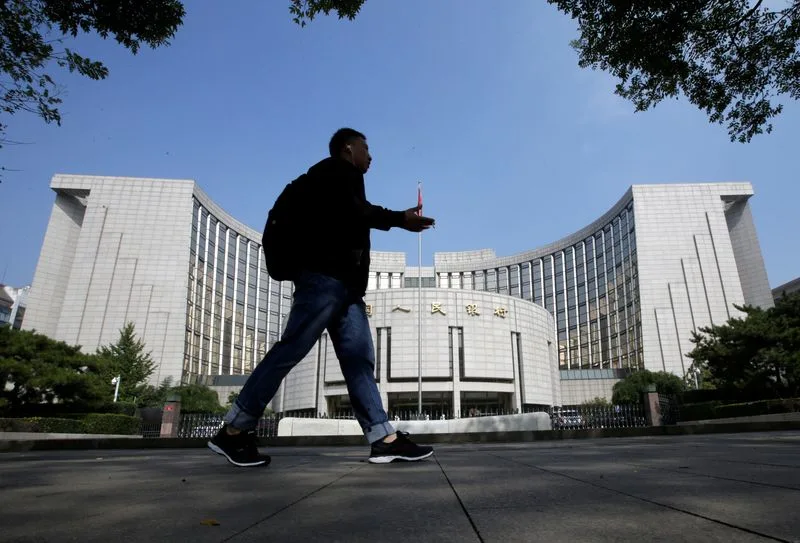A prominent Chinese policy think tank has recommended the creation of a 2 trillion yuan ($280 billion) stock market stabilization fund, according to a report from the 21st Century Business Herald. The proposal, put forward by the Institute of Finance & Banking, which is affiliated with the Chinese Academy of Social Sciences (CASS), suggests that Beijing issue special treasury bonds to finance the initiative.
The fund would aim to stabilize the stock market by actively buying and selling blue-chip stocks and exchange-traded funds (ETFs). The recommendation is part of the institute’s quarterly report on China’s economy. While CASS is China’s leading academic body, it remains unclear how much influence the proposal will have on government policy.
When questioned about the potential for such a fund last month, Pan Gongsheng, Governor of the People’s Bank of China, indicated that a study of the proposal was already underway.
China’s recent economic stimulus measures have sparked a rapid rally in the stock market, though that initial excitement has given way to more cautious sentiment in recent weeks. Blue-chip stocks have seen a 24% rise over the past month.
In addition to the stabilization fund, the Institute of Finance & Banking recommended increasing long-term investments in the market. For example, it suggested raising the cap on stock investments by insurance companies and the national pension fund to provide more market stability.
The Chinese government has already implemented policies to encourage institutional investment in the stock market. Last Friday, the central bank launched two funding schemes aimed at injecting up to 800 billion yuan into the market. These initiatives will provide financial institutions such as brokerages, insurers, and asset managers with easier access to liquidity for share purchases. Additionally, listed companies and their key shareholders will be able to obtain low-cost loans from the People’s Bank of China for share buybacks and to boost their holdings.





